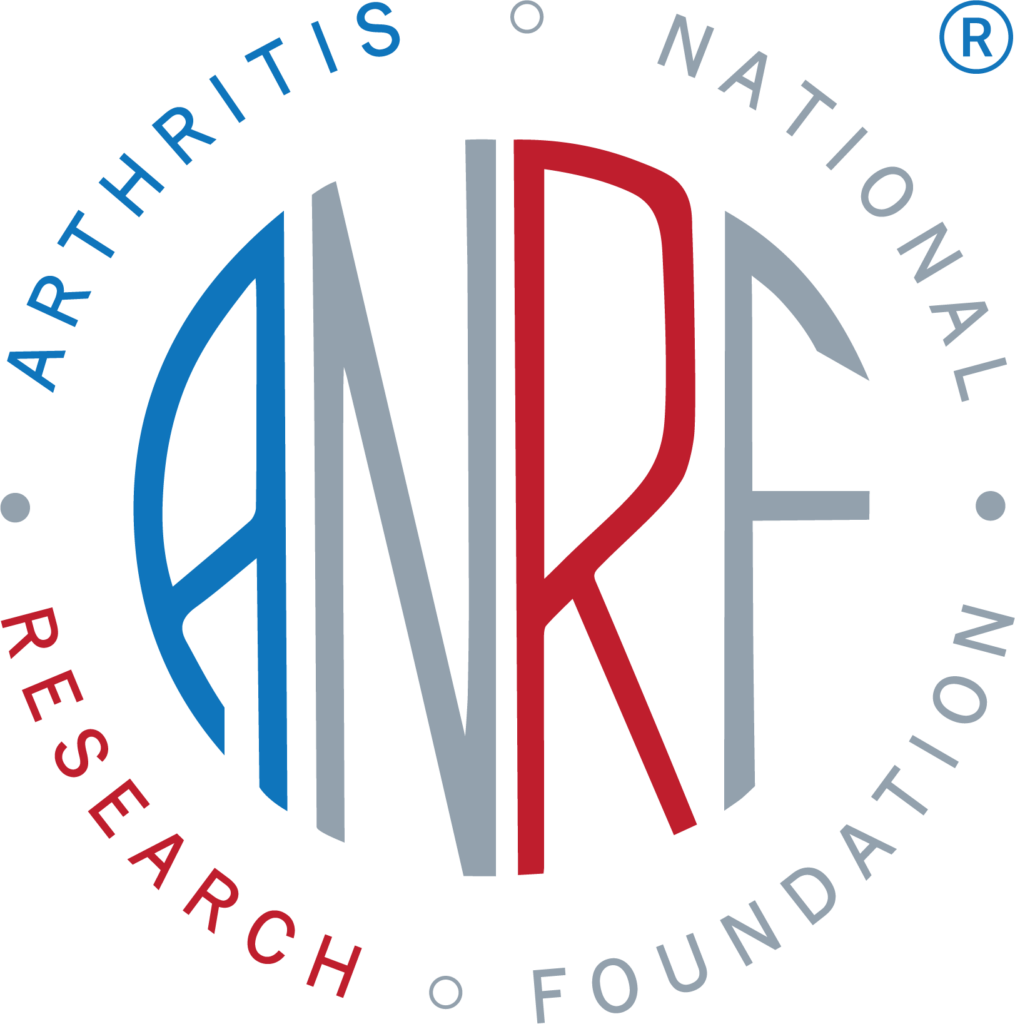Too Much IL-23 may Predispose to Ankylosing Spondylitis

Ankylosing spondylitis (AS) is a progressive arthritis involving the spine that causes significant disability and decreased quality of life. Current therapy is suboptimal and best when given early in the disease process. Definitive diagnosis requires evidence of damage on X-ray; thus, the time between first symptoms and diagnosis averages 8-10 years. A better understanding of the disease will lead to earlier diagnosis and more efficacious therapy.
Multiple genes contribute to the development of AS: HLA-B27 confers about 40% of the risk. Other possible contributing genes include IL-1 related genes and the IL-23 receptor. Both IL-1 and IL-23 belong to the family of proteins called “cytokines” that drive inflammation in the body. IL-23 in particular has been increasingly implicated as a cause of AS. Dr. Smith has exciting new data showing that AS patients produce too much IL-23 in response to infections. Thus, the overproduction of this cytokine in response to infections may predispose select individuals to develop AS.
Dr. Smith’s study will confirm her initial findings and determine if AS macrophages overproduce IL-23 and other inflammatory cytokines in response to a variety of infection-related stimuli. The better understanding of excess IL-23 production may lead to the development of new types of therapies for AS.





